2808NRS Human Pathophysiology Cardiogenic Shock Case Study
VerifiedAdded on 2022/09/14
|22
|420
|15
Case Study
AI Summary
This case study focuses on cardiogenic shock, a critical condition stemming from acute myocardial infarction leading to impaired cardiac output. The assignment analyzes the aetiology and pathophysiology, including myocardial dysfunction, dysrhythmias, and structural abnormalities that result in decreased tissue perfusion and reduced oxygen supply. It details the clinical presentation, including chest pain, tachycardia, and cool extremities, alongside diagnostic indicators. The study explores treatment options like vasopressors, mechanical support, and revascularization, complemented by pharmacological interventions. A concept map illustrates the connections between risk factors, aetiology, pathophysiology, clinical presentation, and treatment, supported by references to relevant medical literature. The study emphasizes the importance of understanding cardiogenic shock for effective healthcare management.
1 out of 22
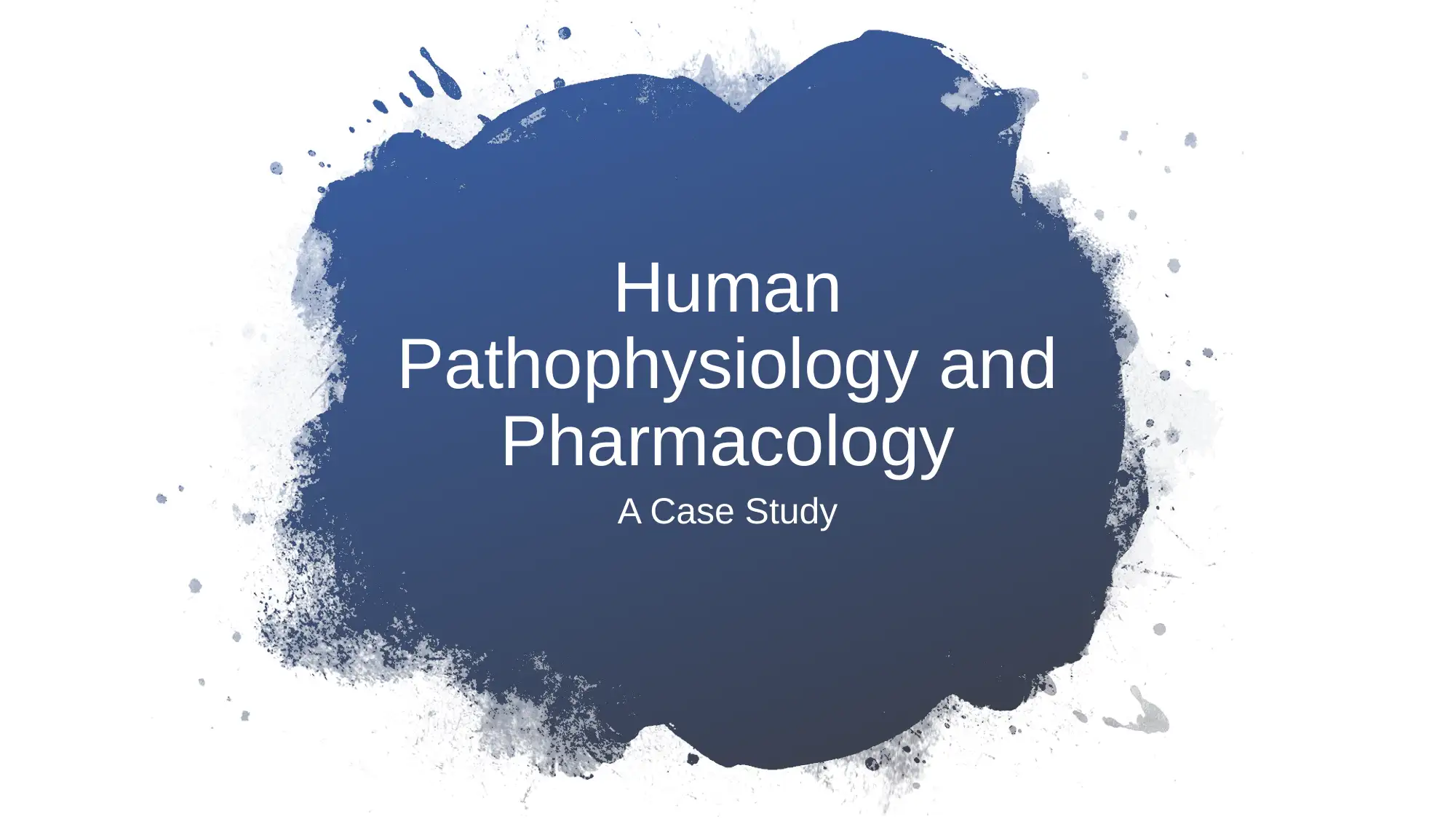
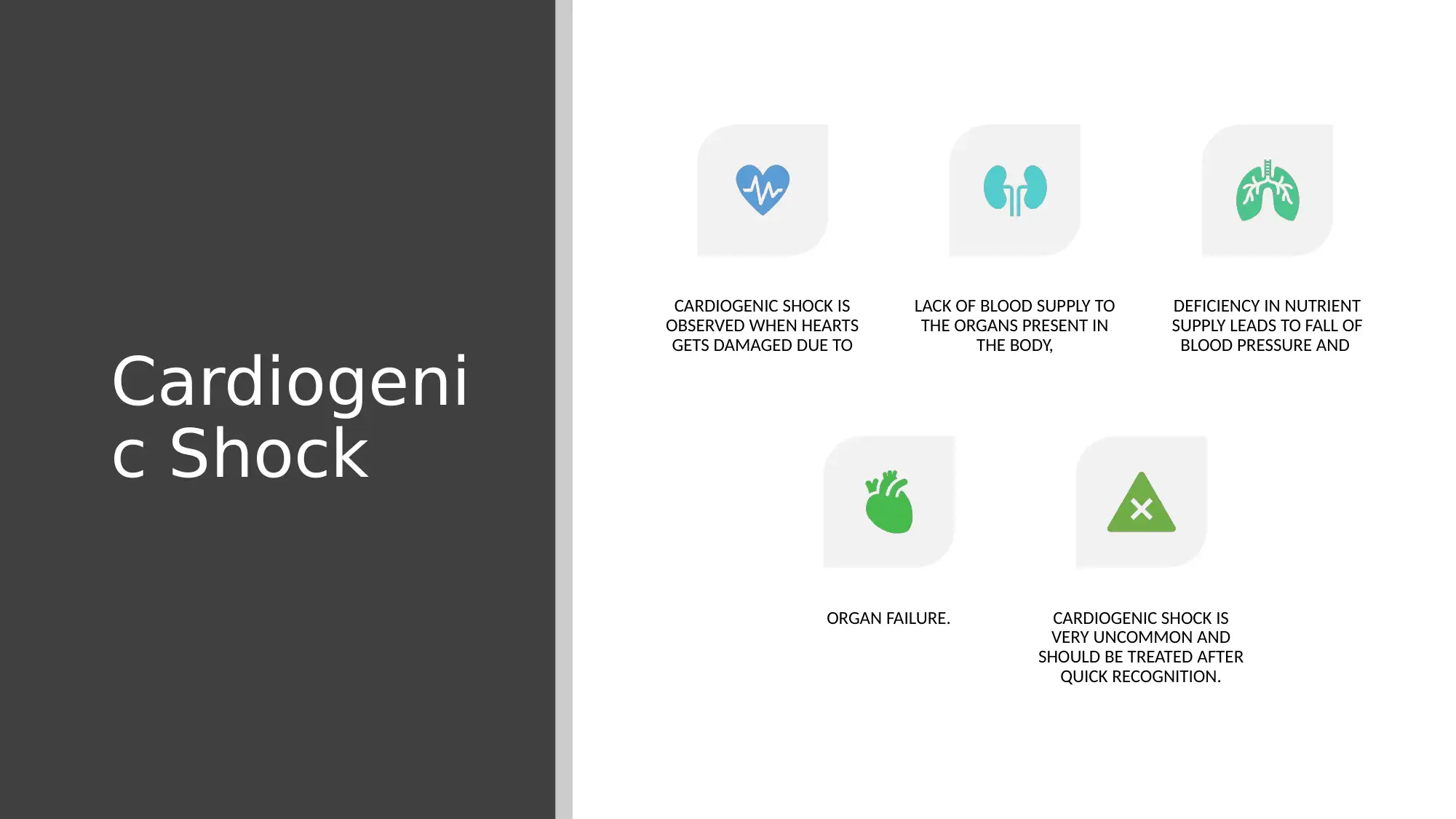
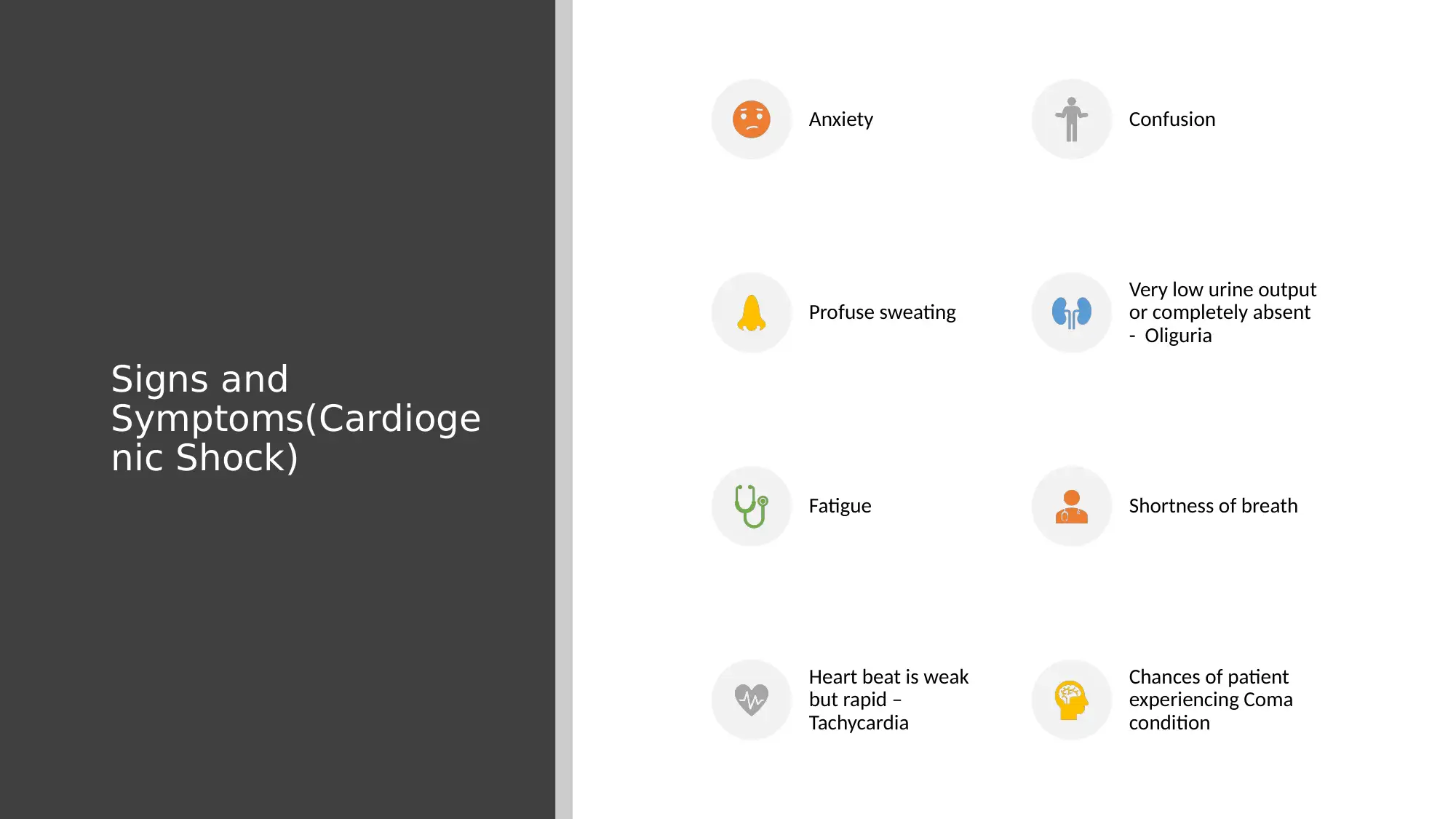

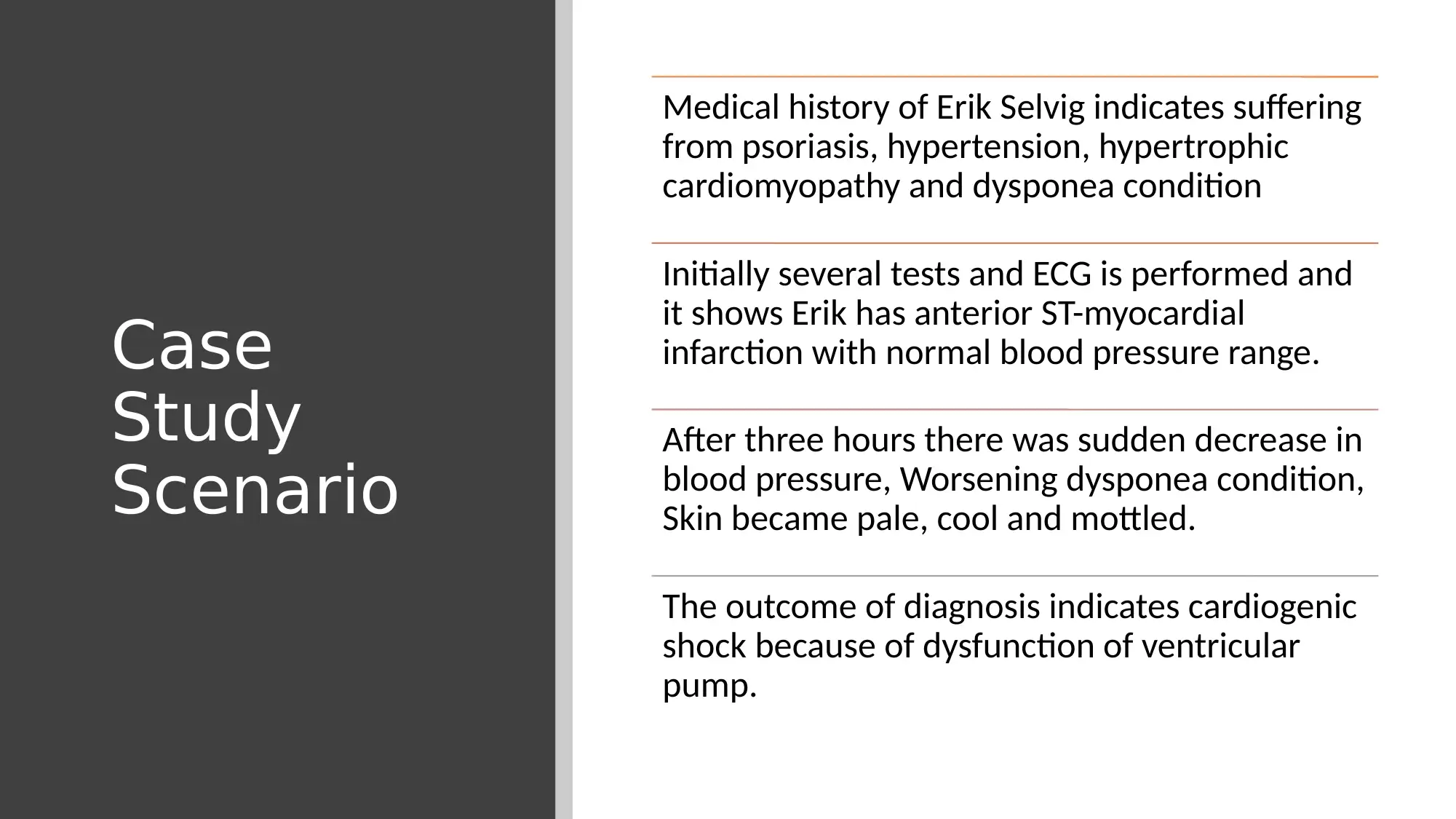
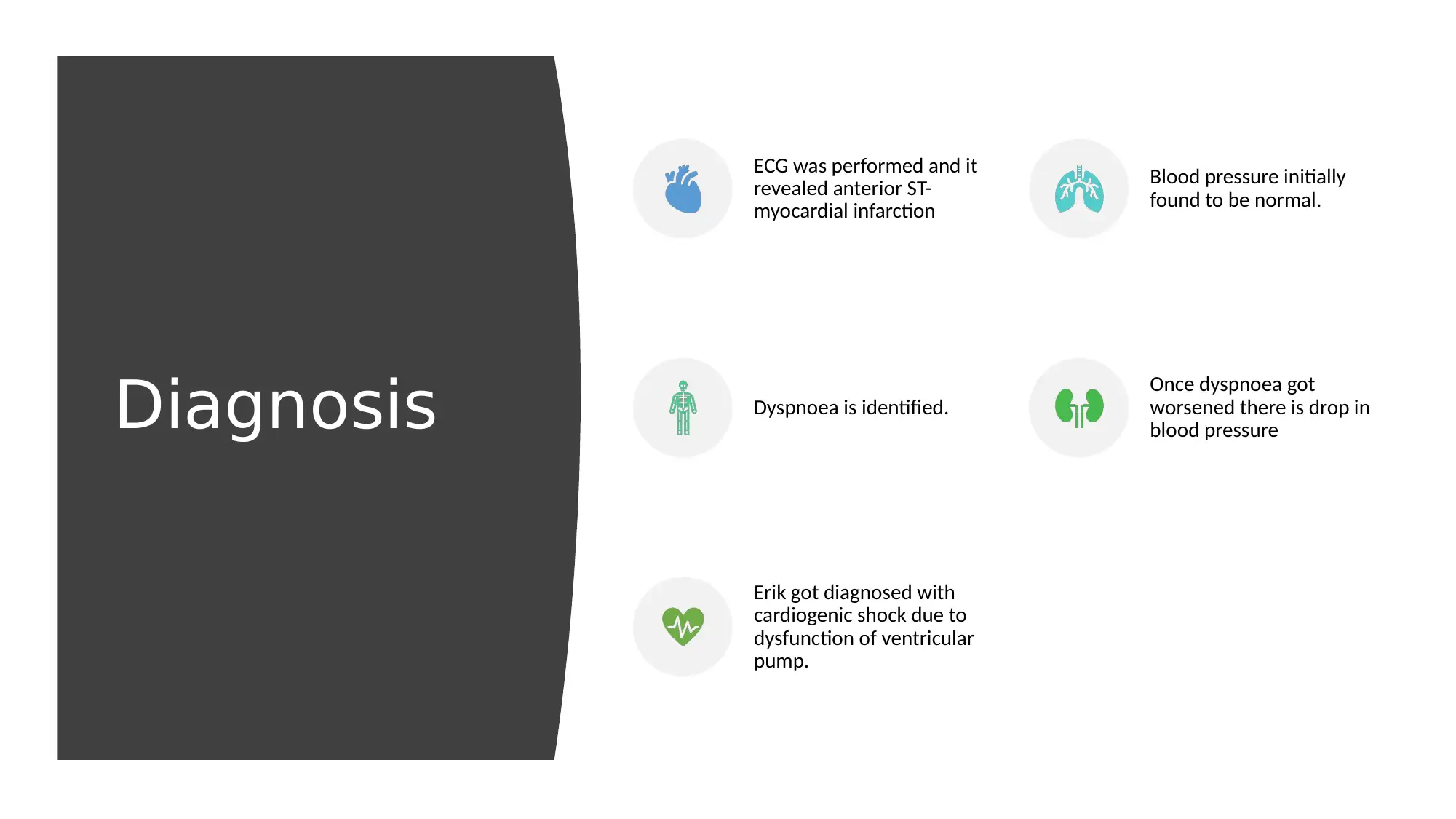
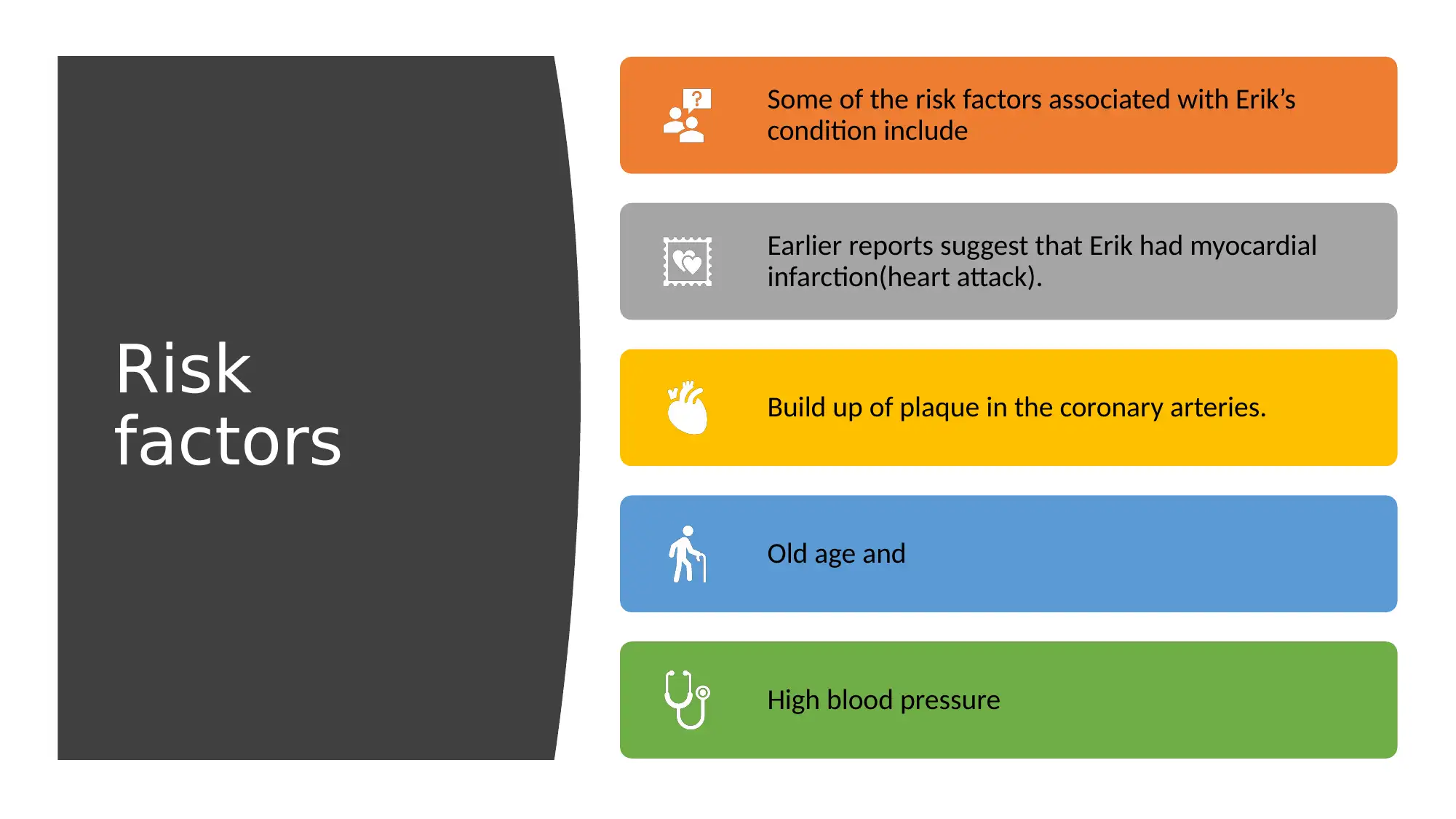
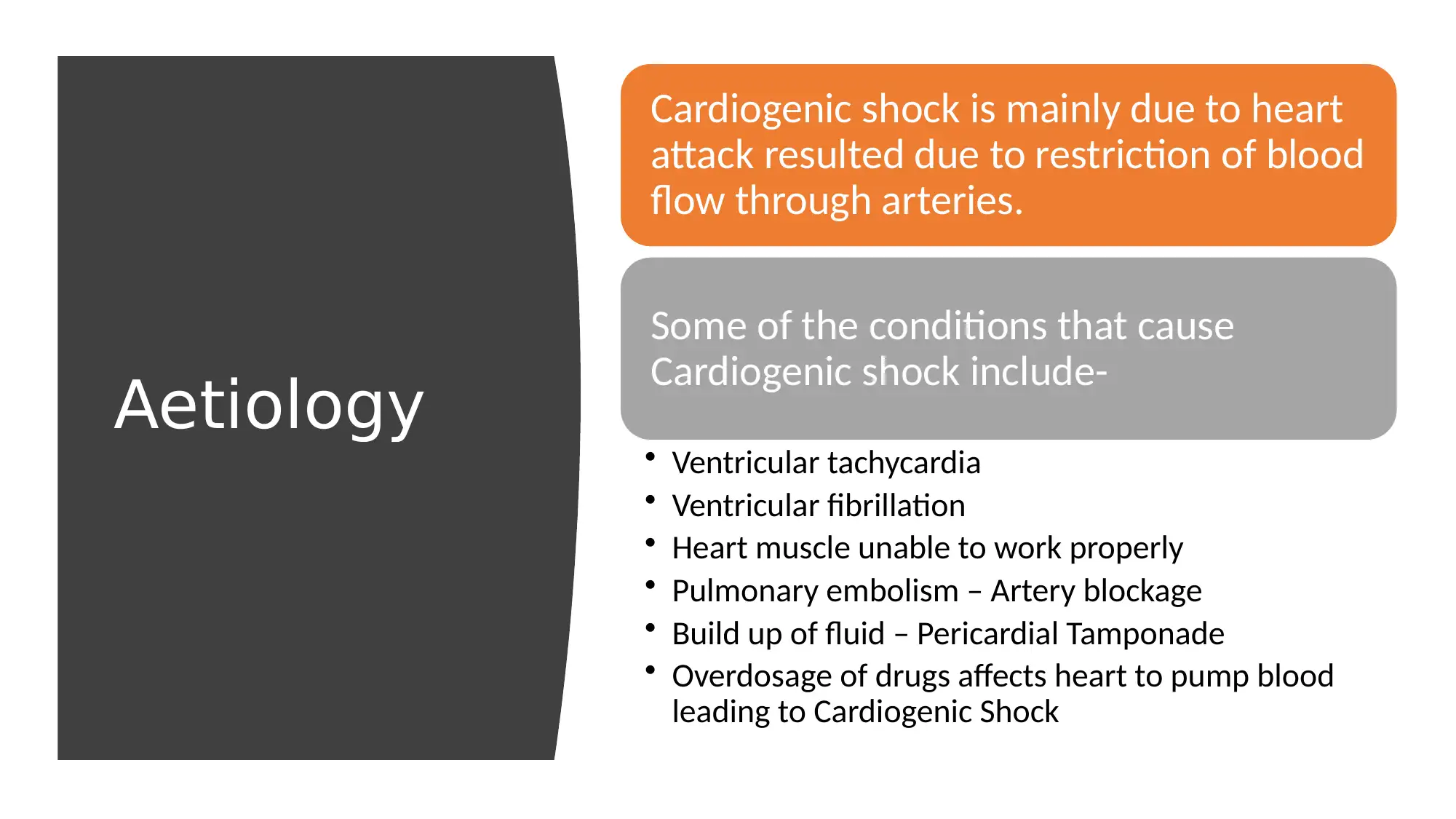
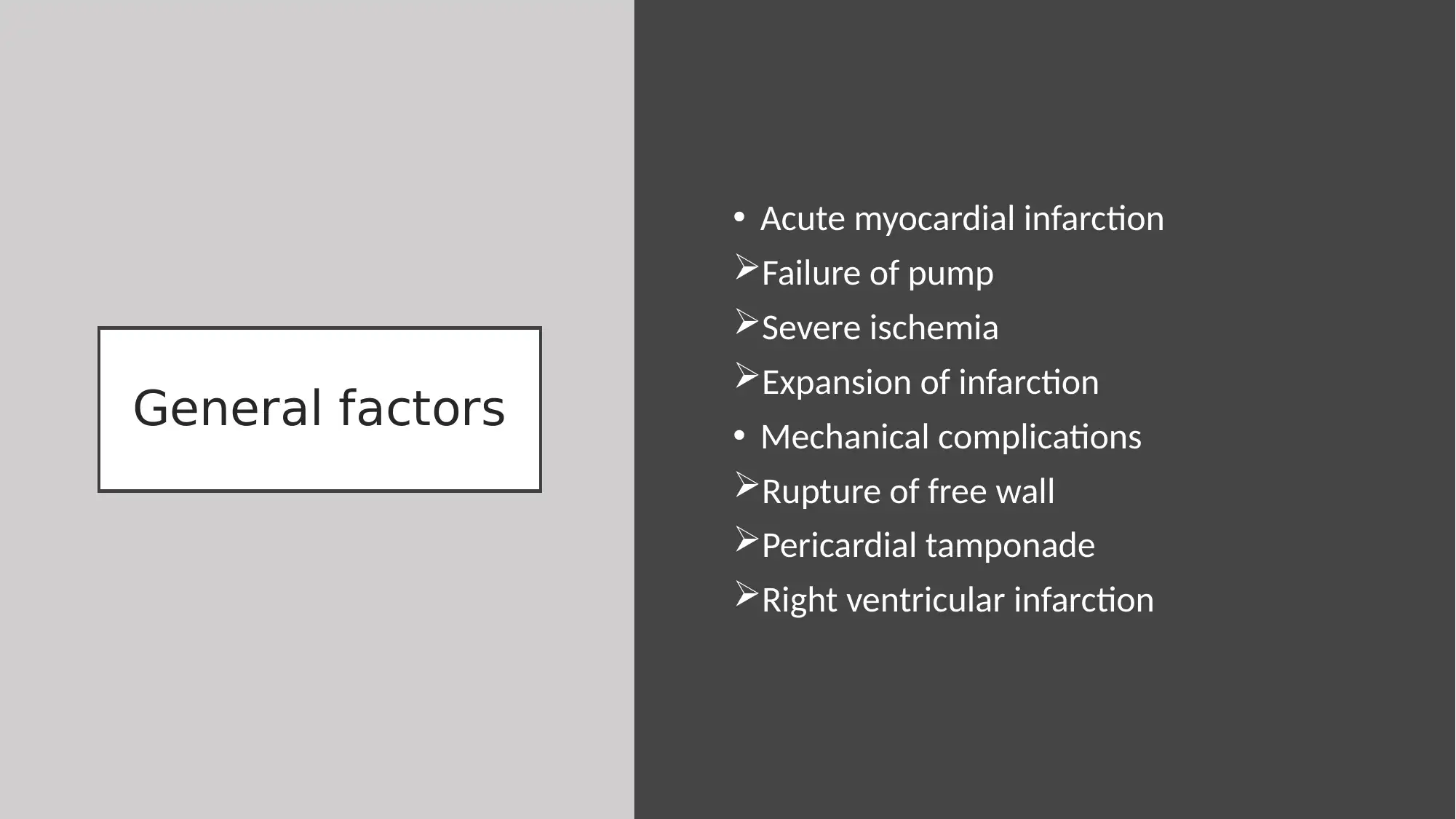
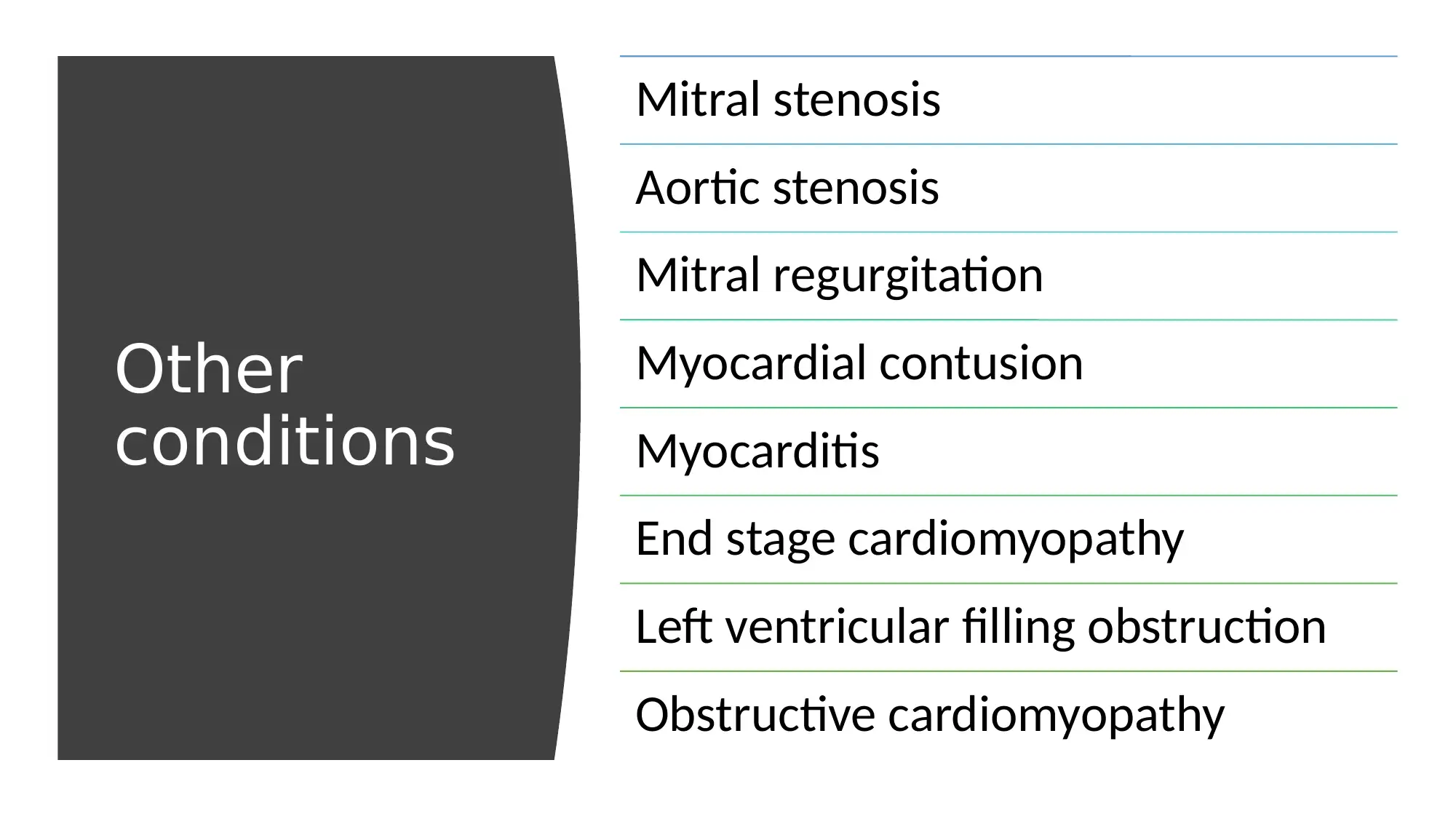
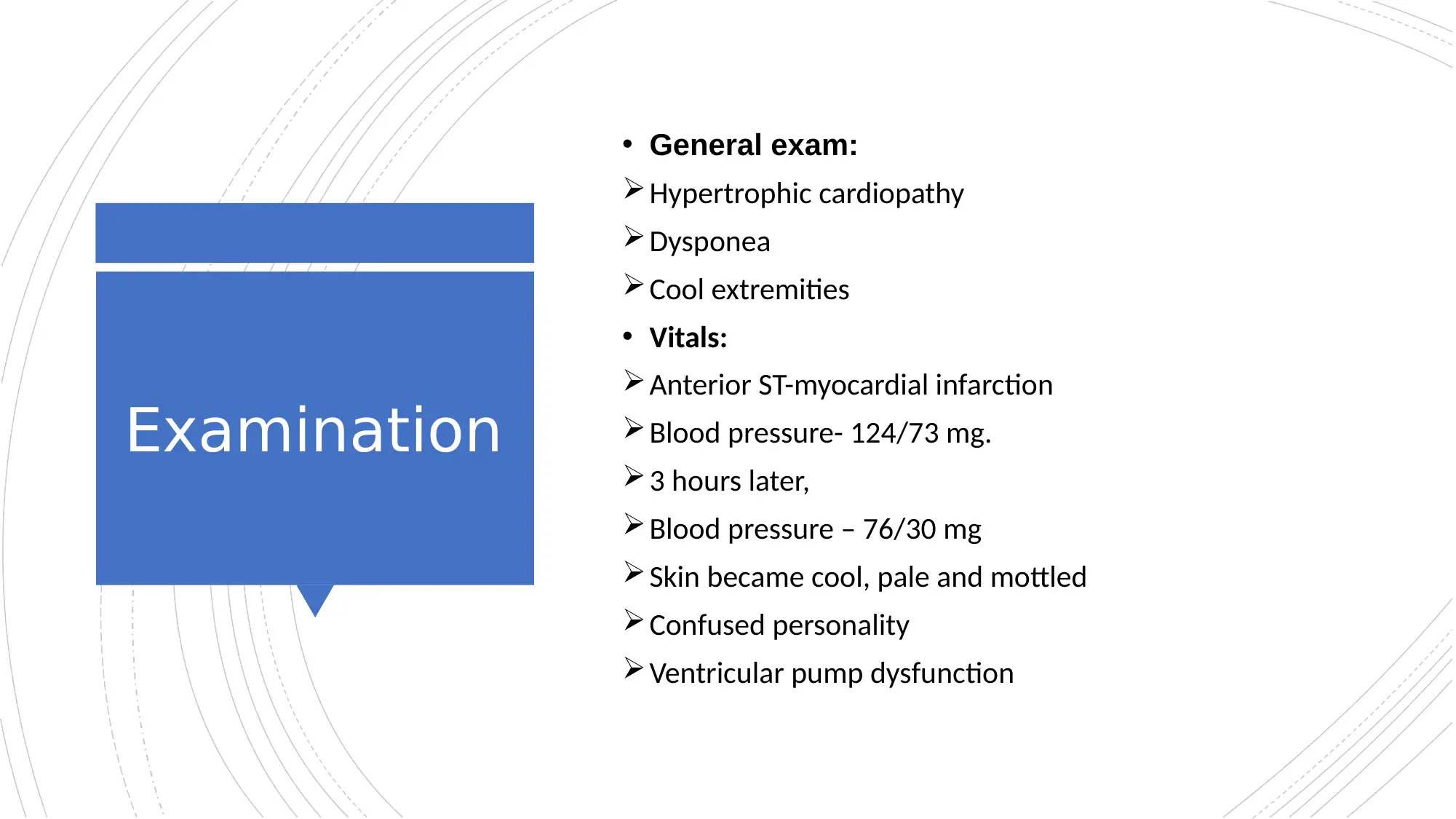
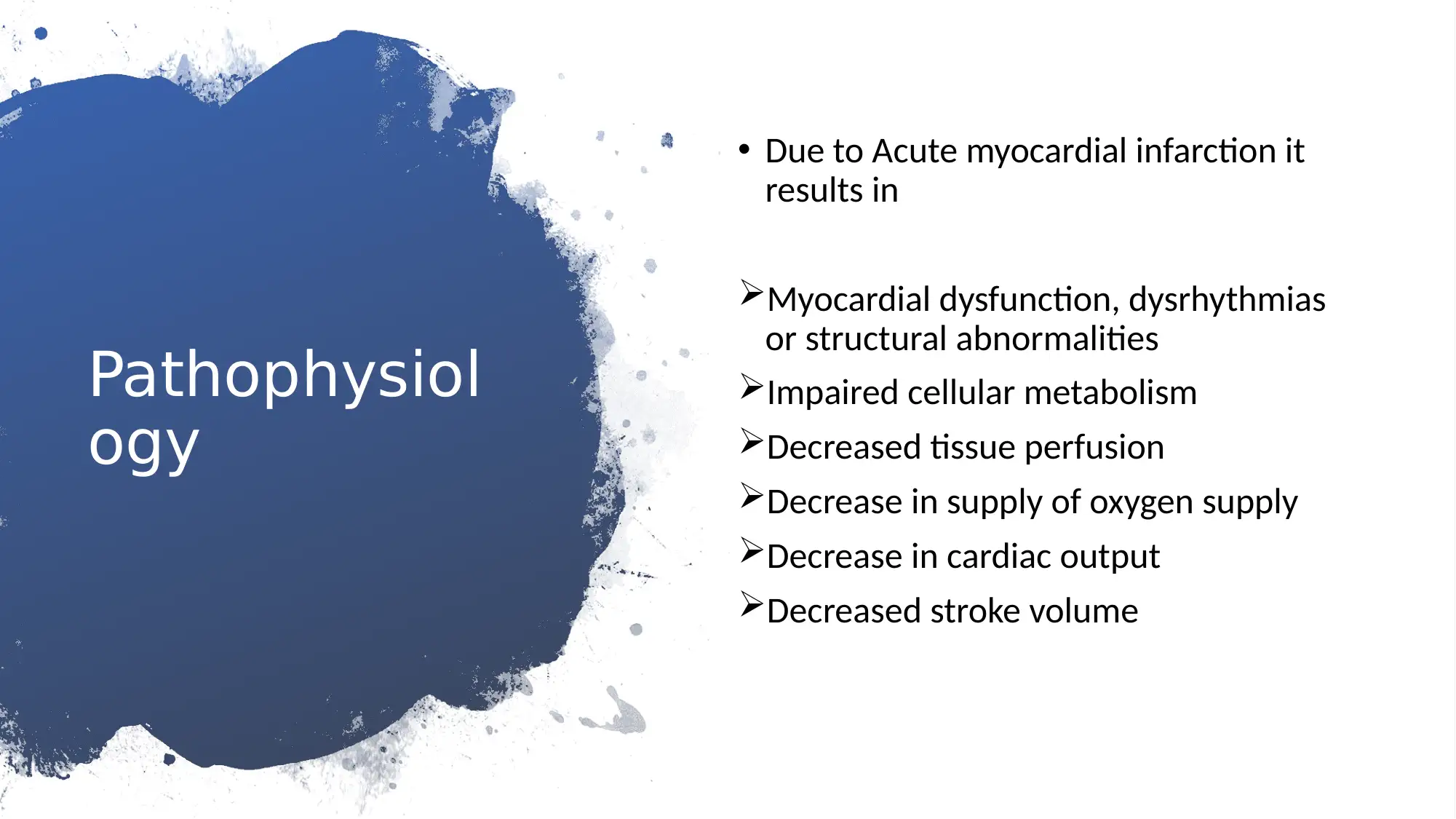
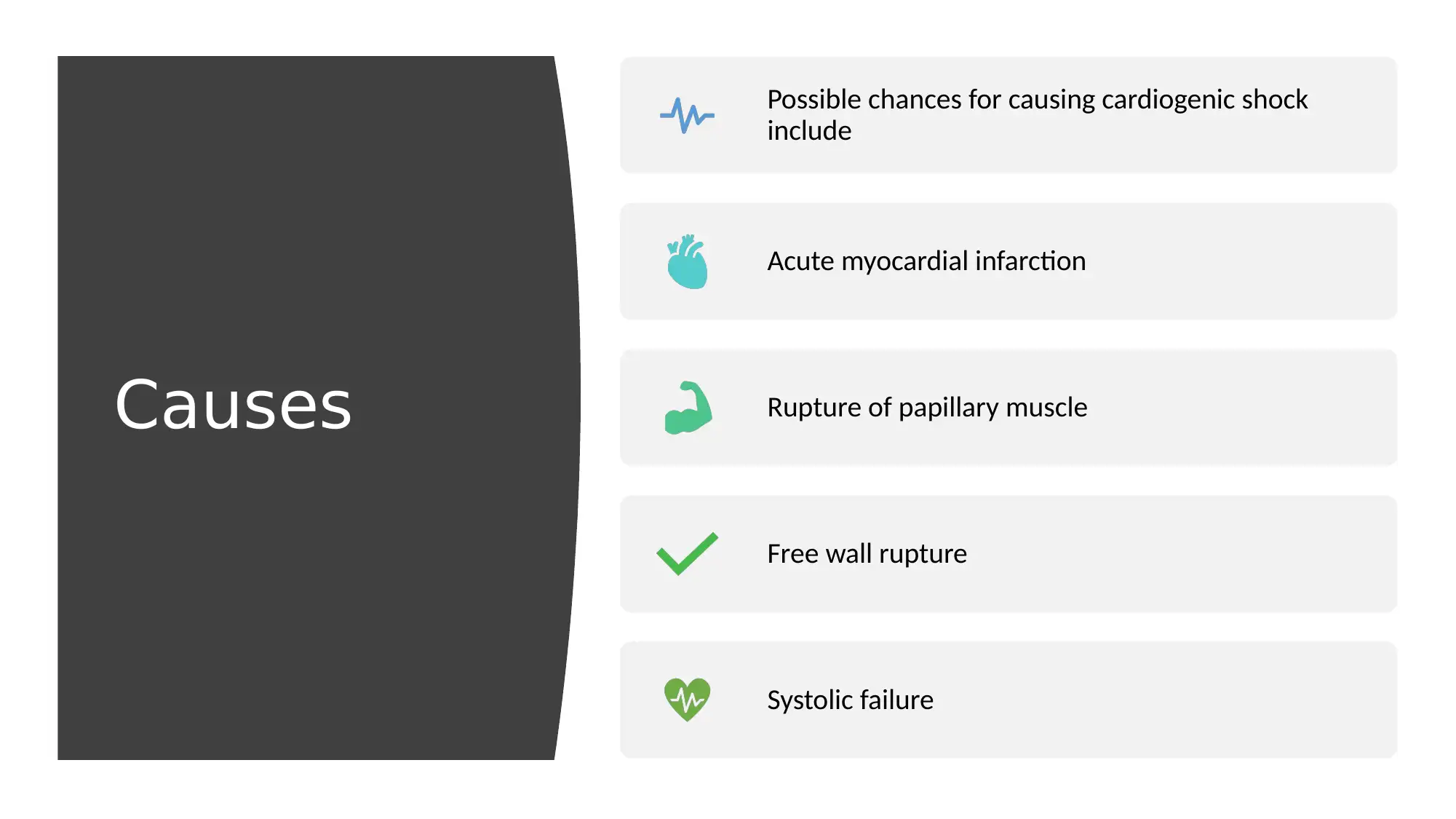






![[object Object]](/_next/static/media/star-bottom.7253800d.svg)